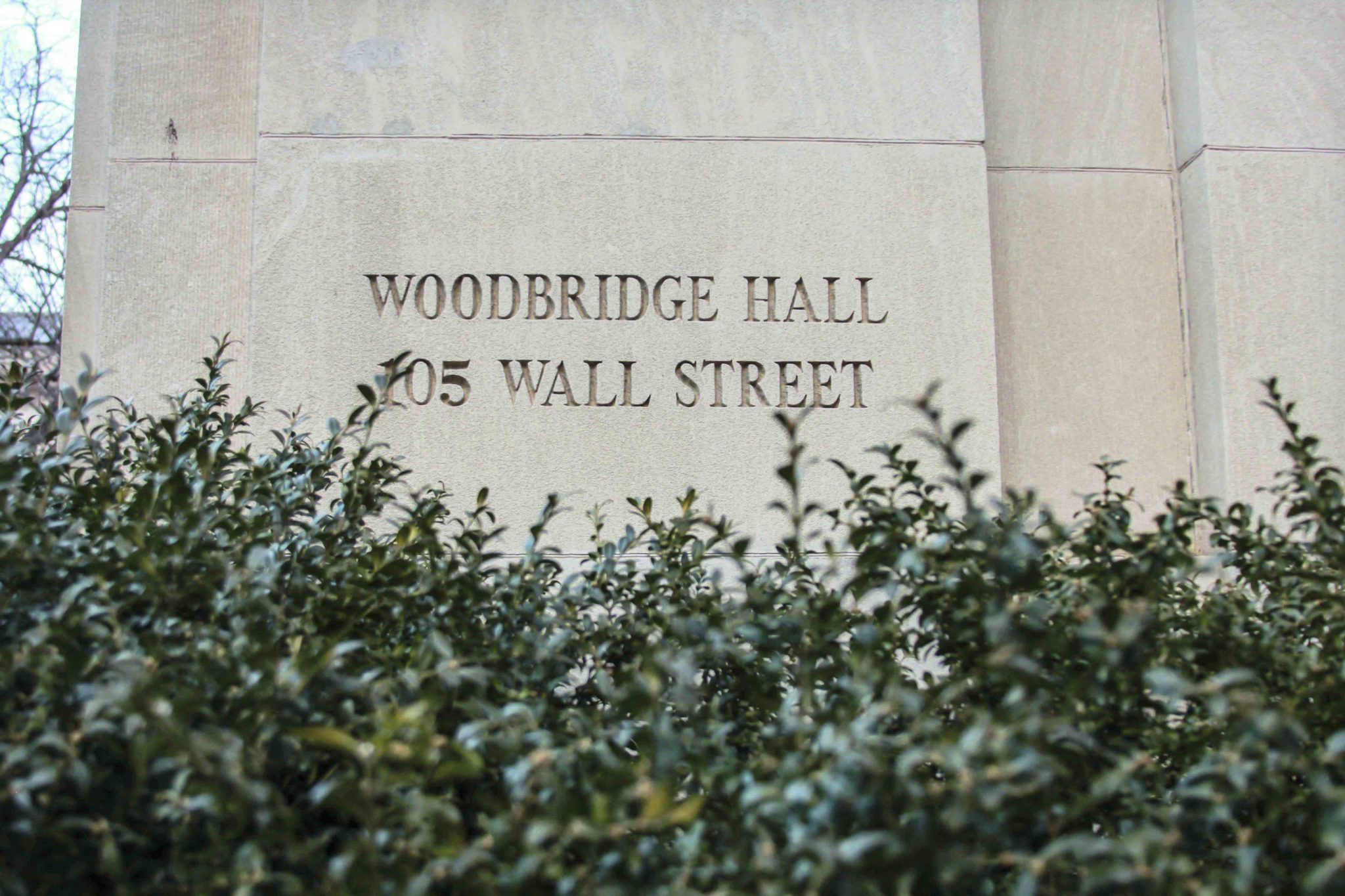
When University President Peter Salovey heard the news that Yale had been a target of a nationwide college application fraud scheme, he immediately chartered a flight out of China, where he had been traveling to meet with alumni and network, and headed home to manage the largest college admissions scandal ever prosecuted in the U.S.
His decision to cut his plans short marks a watershed moment in Salovey’s tenure, in which the University president, who has come under fire in the past for his slow response to campus controversies, acted swiftly in the midst of a public relations crisis. Administrators were quick to label Yale as the victim, as the University faces federal investigations into the use of aid dollars and lawsuits from former applicants alleging an unfair process.
According to Salovey’s chief of staff Joy McGrath, Salovey was scheduled to visit institutions of higher education in Asia, including Shanghai Jiao Tong University, ShanghaiTech University and the New Asia College in the Chinese University of Hong Kong and meet with alumni at the Yale Club of Hong Kong and the Yale Club of Shanghai. But other university administrators — including Vice President for Global Strategy Pericles Lewis and Yale College Dean Marvin Chun — represented the University at the events Salovey missed, McGrath said. She added that all the events and visits were successfully executed under Chun and Lewis’ leadership.
“President Salovey wanted to be sure that [the University] is doing everything to address the admissions scandal,” Lewis said. “He wanted to personally supervise that process. [Even without Salovey’s presence], all people were very welcoming and they understood the circumstances.”
Chun could not be reached for comment Tuesday evening. Salovey did not respond to questions about why he returned to New Haven.
Early in his presidency, Salovey faced both local and national controversies. Most notably, members of the Yale community for years decried the name and legacy of Calhoun College. But it was not until months after racial protests catapulted Yale into the national spotlight that Salovey and the Corporation decided to maintain the college’s namesake. A year later — after even more pushback from members of the Yale community — the University took a direct pivot and renamed the college in honor of Grace Hopper GRD ’34, United States Navy rear admiral.
Salovey also responded speedily to the admissions scandal with several University-wide emails condemning former women’s soccer coach Rudy Meredith’s criminal actions, which included accepting a bribe of up to $450,000 to designate a student as an athletic recruit. Salovey also announced reviews of Yale’s admissions and recruitment procedures. The University later conducted an audit of its recruitment procedures, which affirmed the athletic credentials of recent recruits and expelled the one Yale student implicated in the scam.
Administrators, including Salovey, Conroy and Athletics Director Vicky Chun, repeatedly emphasized that Yale was “the victim of a crime.” Other universities implicated in the scandal similarly distanced themselves from the indicted coaches and scrambled to investigate whether they had admitted applicants who submitted fraudulent materials.
But unlike the University’s recent response to the high-profile scandal, a New York Times report published last November — which revealed that administrators at a Louisiana school called T.M. Landry College Prep submitted fraudulent application materials to the University — was met with silence from Yale administrators. While the Times report revealed that students from T.M. Landry had matriculated to Yale, the University did not publicly respond to the allegation. No Yale employee was implicated in the November scandal.
Salovey declined to comment specifically on the admissions scandal involving T.M. Landry. Still, he noted that the University policy is to rescind the admission of students whose application materials had clearly been fraudulent.
Dean of Undergraduate Admissions Jeremiah Quinlan said that Yale Admissions Office identifies and responds to accusations of application fraud every application cycle.
“Admissions officers read each application carefully, and when they discover suspicious information in an application they make necessary inquiries,” Quinlan said in a statement to the News. “Every application is unique, and the Admissions Committee responds to the facts of each case individually. In cases where fraud is not demonstrably clear, accused students are provided an opportunity to respond. If material is found to be fraudulent, the application is immediately withdrawn. On the very rare occasions when Yale has learned that students were admitted on the basis of false information, their admissions have been rescinded.”
According to Michigan State University’s Educational Administration professor Brendan Cantwell, the recent scandal involving Meredith received more public scrutiny because many elite universities were implicated, and the indictments pointed to a “wider problem of well-to-do families gaming the college application system.”
“Yale has to respond more actively [to the most recent scandal] because it has come under the spotlight,” Cantwell explained. “Organizations caught up in these scandals have an interest to demonstrate that what happened was the responsibility of individual bad actors rather than a systematic problem. If it is viewed to be a systematic problem, the organizational culpability increases and there will be much more pressure to engage in deep reform.”
Weeks after the indictment, the Department of Education launched a “preliminary investigation” of Yale to review whether the University is complying with regulations and requirements for federal student aid. The Department’s letter to the implicated universities, including Yale, stated that the recent scandal has “raise[d] questions about whether your institution is fully meeting its obligations” and argued that Universities receiving federal student aid must demonstrate “administrative capacity” to manage federal dollars.
Yale admitted 5.91% of its applicants to the class of 2023 last month.
Serena Cho | serena.cho@yale.edu







